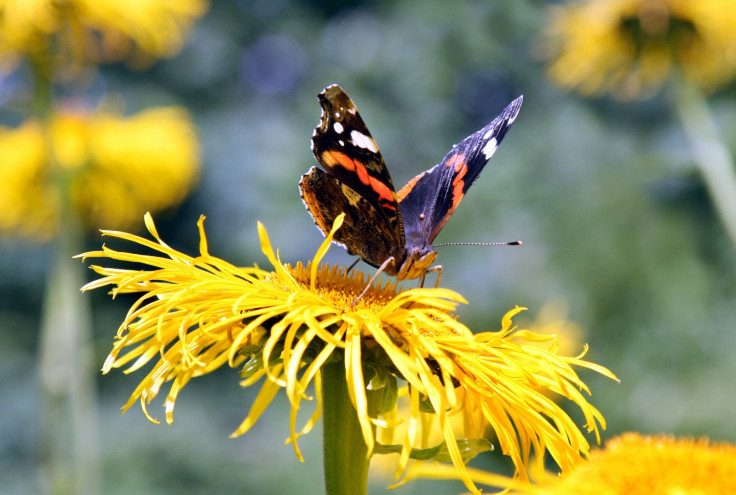Several butterfly species at risk of extinction in Britain
Two species most threatened with extinction have been brought back from the brink by targeted conservation efforts.
A report by wildlife charity Butterfly Conservation has warned that 24 species of butterflies found in Britain may soon disappear if steps are not taken immediately to prevent them from dying.
The number of species listed as "vulnerable" has increased from nine in 2011 to sixteen in 2022, according to the report. It added that four species of the 62 assessed are already regionally extinct, while 24 of the remaining 58 are threatened with extinction.
According to a report in The Independent, five other species, including the wall butterfly, have joined the new "red list" of endangered butterflies. The wood white, swallowtails, adonis blues, and large heath are among the species that require immediate conservation efforts.
"Shockingly, half of Britain's remaining butterfly species are listed as threatened or near-threatened on the new Red List," said Richard Fox of Butterfly Conservation.
"Even prior to this new assessment, British butterflies were among the most threatened in Europe, and now the number of threatened species in Britain has increased by five, an increase of more than one quarter."
However, there has been a positive development as well. Two of the species most threatened with extinction have moved out of the most at-risk category.
The two species that are no longer in most at-risk category are the large blue and the high brown fritillary. The large blue butterflies were reintroduced from Sweden and are currently thriving in restored wildflower grasslands.
The high brown fritillary has moved from the critically endangered category to the endangered category. While the Duke of Burgundy and the pearl-bordered fritillary have moved from endangered to vulnerable.
The experts have attributed the risk to butterfly species to climate change, habitat loss, and pollution. Nitrogen pollution from farming and fossil fuels is affecting the quality of food that the butterflies rely on.
"We need to be making space for nature in our farming systems, our urban systems, our forestry systems, the places that people inhabit and make a living, we need to have space for nature, butterflies, birds, and mammals," added Fox.







